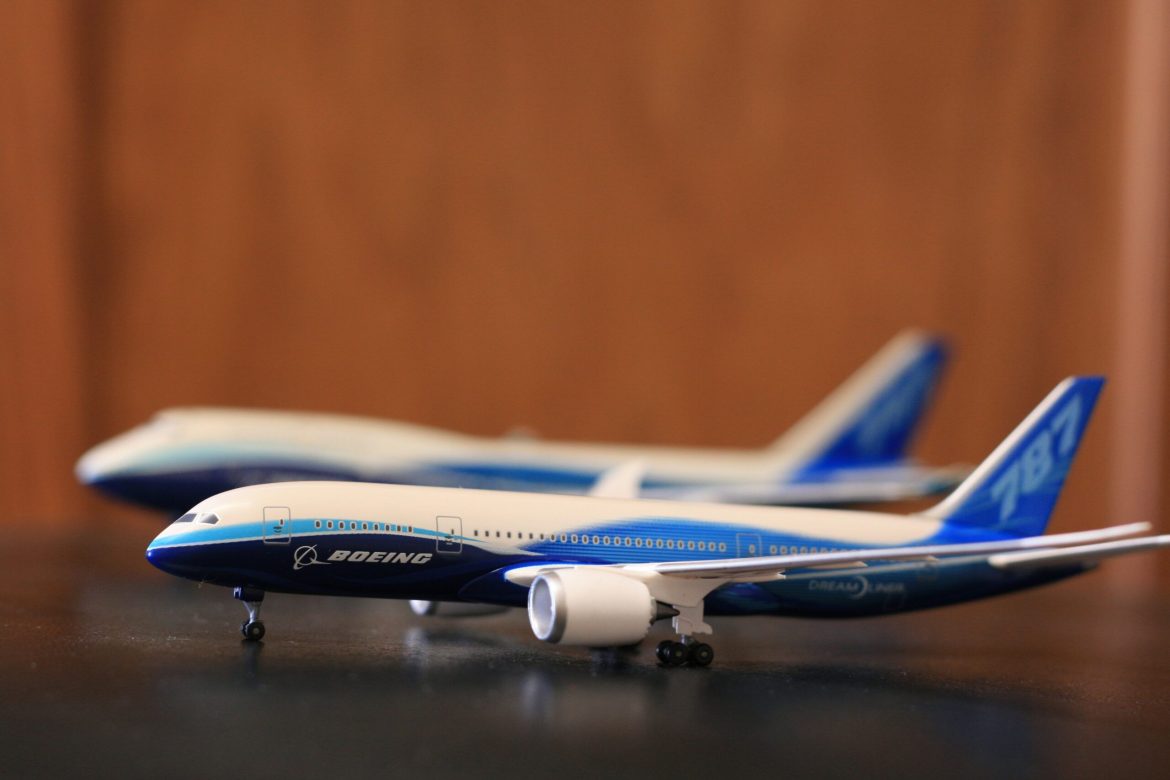In its first major labour strike since 2008, thousands of Boeing’s US West Coast factory workers will walk off the job after 96% of them voted in favour of a strike following growing dissatisfaction over pay and benefits in Boeing’s latest contract offer.
The strike, set to begin at midnight Pacific Time on Friday will bring the production of Boeing’s popular 737 MAX and other key jets to a halt.
The move comes at a critical time for Boeing, which has been struggling with production delays, safety concerns, and mounting debt.
Contract rejection spurs strike action
The strike follows a contentious negotiation between Boeing and the International Association of Machinists and Aerospace Workers (IAM), Boeing’s largest union.
Despite union leadership recommending that members accept the deal, the proposed contract—which included a 25% general wage increase and a $3,000 signing bonus—was rejected by 94.6% of workers.
Many workers were upset with the offer, particularly over the lack of a 40% pay increase initially demanded and the loss of an annual bonus.
“This is about respect, this is about addressing the past, and this is about fighting for our future,” said Jon Holden, who led the union negotiations.
After the vote, union members chanted “Strike! Strike! Strike!” as they prepared for the walkout.
Holden expressed a desire to return to the negotiating table but did not specify when talks would resume or how long the strike might last.
“We take this one day at a time, one week at a time,” he said.
Financial fallout for Boeing and the aerospace industry
The strike could have significant financial repercussions for Boeing and the wider aerospace sector.
With roughly 30,000 workers across the Seattle and Portland areas set to participate, a prolonged walkout could disrupt Boeing’s already delayed production schedule.
Boeing shares, which rose 0.9% on Thursday before the vote, are down 36% for the year, amid concerns about safety issues, production delays, and a $60 billion debt burden.
An extended strike could severely impact Boeing’s recovery efforts and its financial standing.
A pre-vote note from TD Cowen warned that a 50-day strike could cost Boeing between $3 billion and $3.5 billion in cash flow.
Boeing’s last major strike, in 2008, lasted 52 days and cost the company an estimated $100 million per day.
S&P Global Ratings has already cautioned that an extended strike could affect Boeing’s credit rating, which is just one notch above junk status.
Uncertain impact on airlines and suppliers
In addition to the financial toll on Boeing, the strike could impact airlines that depend on the delivery of new jets, particularly the 737 MAX, one of Boeing’s most popular models.
Suppliers that manufacture parts and components for Boeing aircraft could also feel the strain if the strike drags on.
The duration of the strike remains uncertain, but with production halted, Boeing’s financials and recovery prospects hang in the balance.
The post Boeing factory workers to strike, halting jet production appeared first on Invezz

